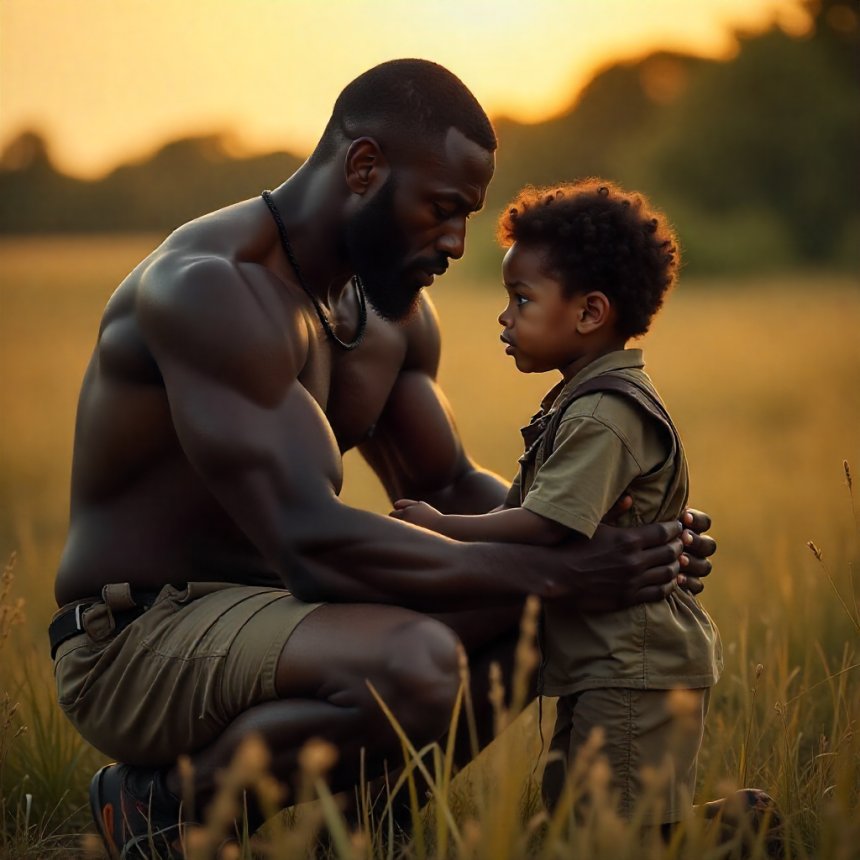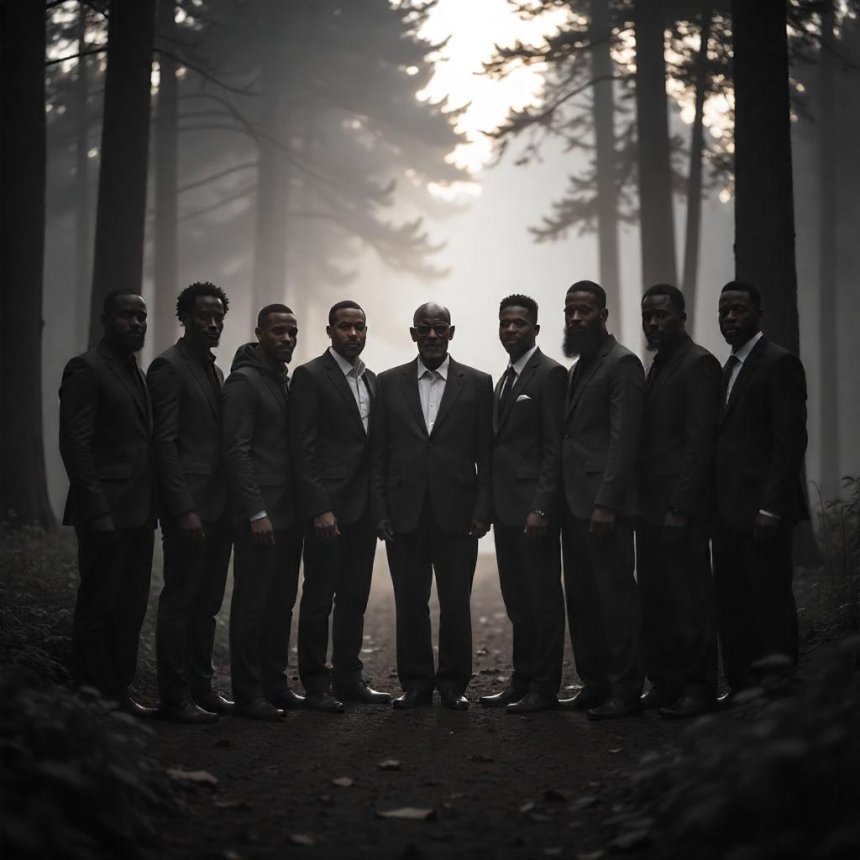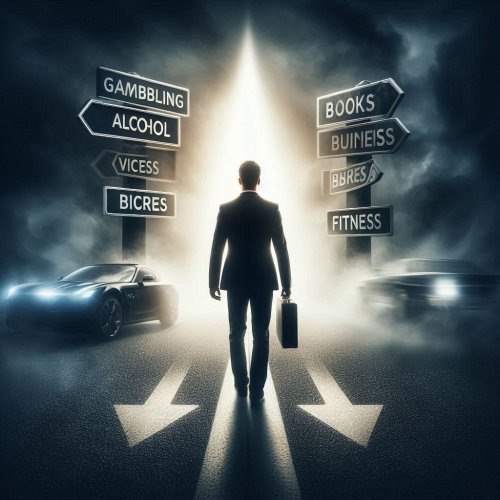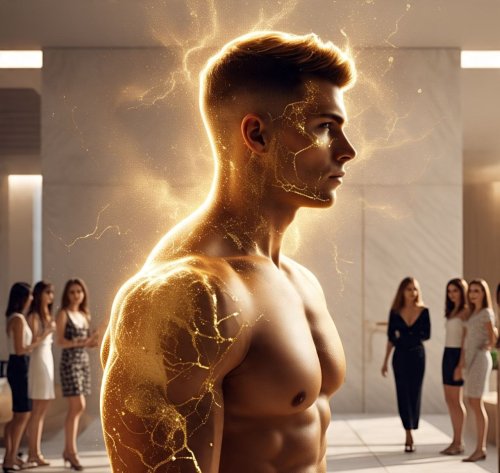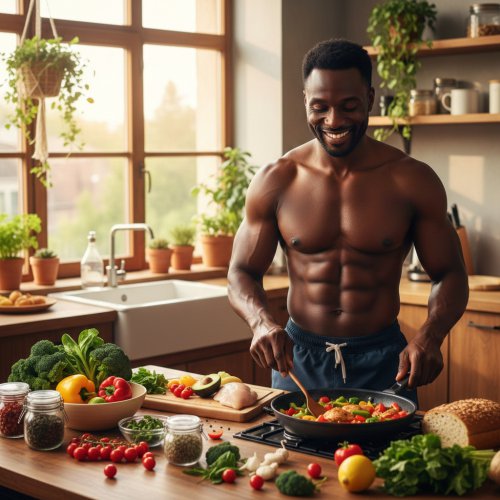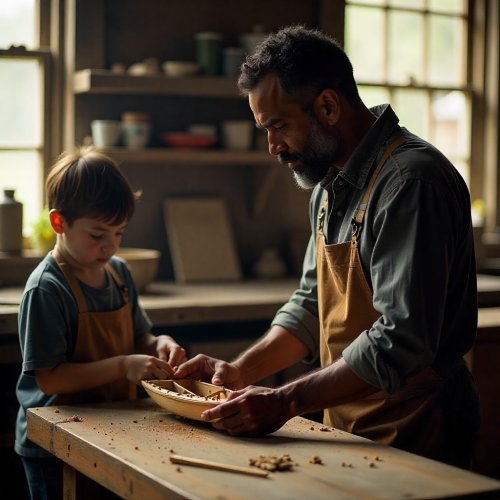The Importance of Male-Only Spaces in a Modern World
Discover why male-only spaces are vital in today's world. Learn how they support mental health, brotherhood, and personal growth.

In today’s rapidly evolving society, discussions about gender inclusivity and equality dominate public discourse. However, while much attention is given to women’s and mixed-gender spaces, the significance of male-only spaces is often overlooked or even stigmatized. These spaces—whether social clubs, support groups, gyms, or professional networks—play a crucial role in men’s mental health, personal development, and societal balance.
This article explores why male-only spaces are essential in a modern world, their psychological and social benefits, and how they contribute to a healthier, more balanced society.
Why Male-Only Spaces Matter
1. A Safe Haven for Emotional Expression
Society often imposes rigid expectations on men to be stoic, unemotional, and self-reliant. Male-only spaces provide an environment where men can open up without fear of judgment, fostering emotional vulnerability and genuine connections.
- Mental Health Support: Many men struggle in silence with depression, anxiety, and stress. Male-focused groups (like men’s circles or therapy groups) encourage honest discussions about struggles that might otherwise go unaddressed.
- Brotherhood & Camaraderie: Shared experiences in male-only settings strengthen bonds, reducing feelings of isolation.
2. Personal Growth & Accountability
Men thrive in environments where they can challenge each other, set goals, and hold one another accountable.
- Mentorship & Role Models: Young men benefit from guidance from older, experienced mentors in male-dominated spaces (e.g., fraternities, business networks).
- Skill Development: Spaces like men’s workshops or retreats focus on leadership, discipline, and resilience.
3. Preserving Cultural & Historical Traditions
Many male-only spaces (e.g., Freemasonry, military brotherhoods) have deep historical roots. They preserve rituals, traditions, and wisdom passed down through generations.
4. Counteracting Modern Social Isolation
With increasing digital interactions, many men lack real, meaningful connections. Male-only spaces combat loneliness by fostering face-to-face relationships.
5. A Balance to Gender-Neutral Spaces
While inclusivity is important, not every space needs to be mixed-gender. Just as women benefit from female-only spaces (e.g., gyms, support groups), men also deserve environments tailored to their unique needs.
Challenges & Misconceptions About Male-Only Spaces
1. The Stigma of "Exclusivity"
Critics argue that male-only spaces promote sexism or exclusion. However, intentional male spaces are about solidarity, not superiority.
2. Legal & Social Pushback
Some institutions (e.g., boys' clubs, fraternities) face pressure to become co-ed, diluting their original purpose.
3. The Rise of Anti-Male Sentiment
Modern discourse sometimes portrays masculinity as toxic, making it harder for men to seek support without backlash.
Examples of Beneficial Male-Only Spaces
1. Men’s Support Groups (e.g., The Mankind Project, Men’s Sheds)
2. Fraternal Organizations (e.g., Freemasons, Rotary Clubs)
3. Male-Focused Fitness & Sports Clubs
4. Professional & Business Networks (e.g., Young Presidents’ Organization - YPO)
5. Fatherhood & Mentorship Programs
How to Create & Sustain Healthy Male-Only Spaces
- Define a Clear Purpose (Support, Networking, Skill-Building)
- Foster Inclusivity Within the Group (Respect diverse backgrounds)
- Encourage Vulnerability & Growth
- Partner with Mental Health Advocates
Conclusion: The Future of Male-Only Spaces
In a world pushing for gender equality, male-only spaces are not regressive—they’re necessary. They provide men with emotional refuge, personal growth opportunities, and a sense of belonging that mixed-gender spaces often cannot.
Rather than dismissing them, society should recognize their value and support their existence—for the betterment of men and, ultimately, the communities they influence.
Share
What's Your Reaction?
 Like
0
Like
0
 Dislike
0
Dislike
0
 Love
0
Love
0
 Funny
0
Funny
0
 Angry
0
Angry
0
 Sad
0
Sad
0
 Wow
0
Wow
0


